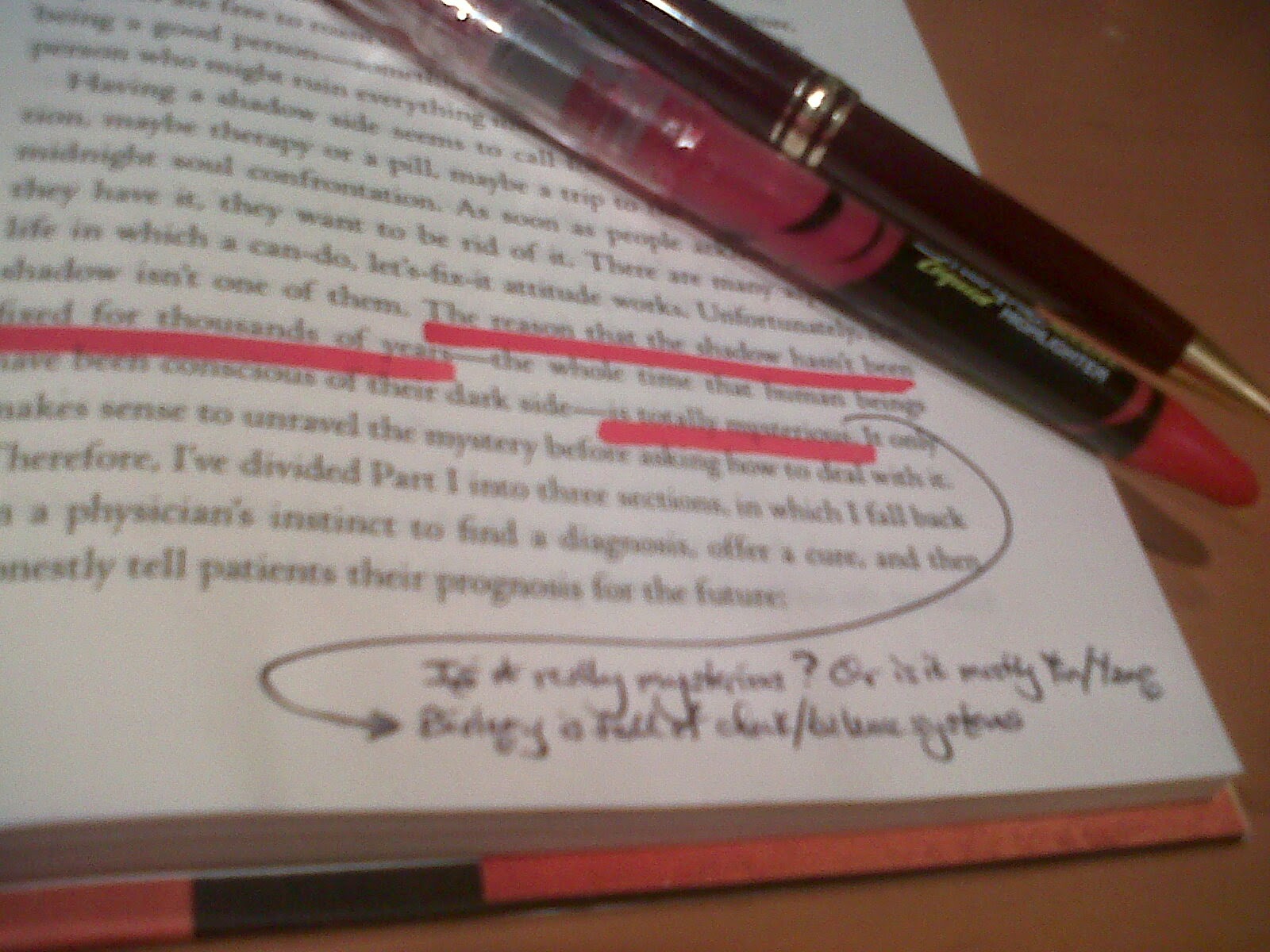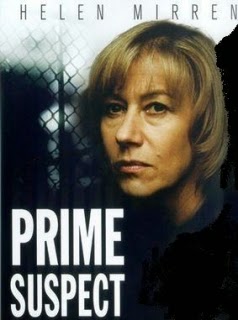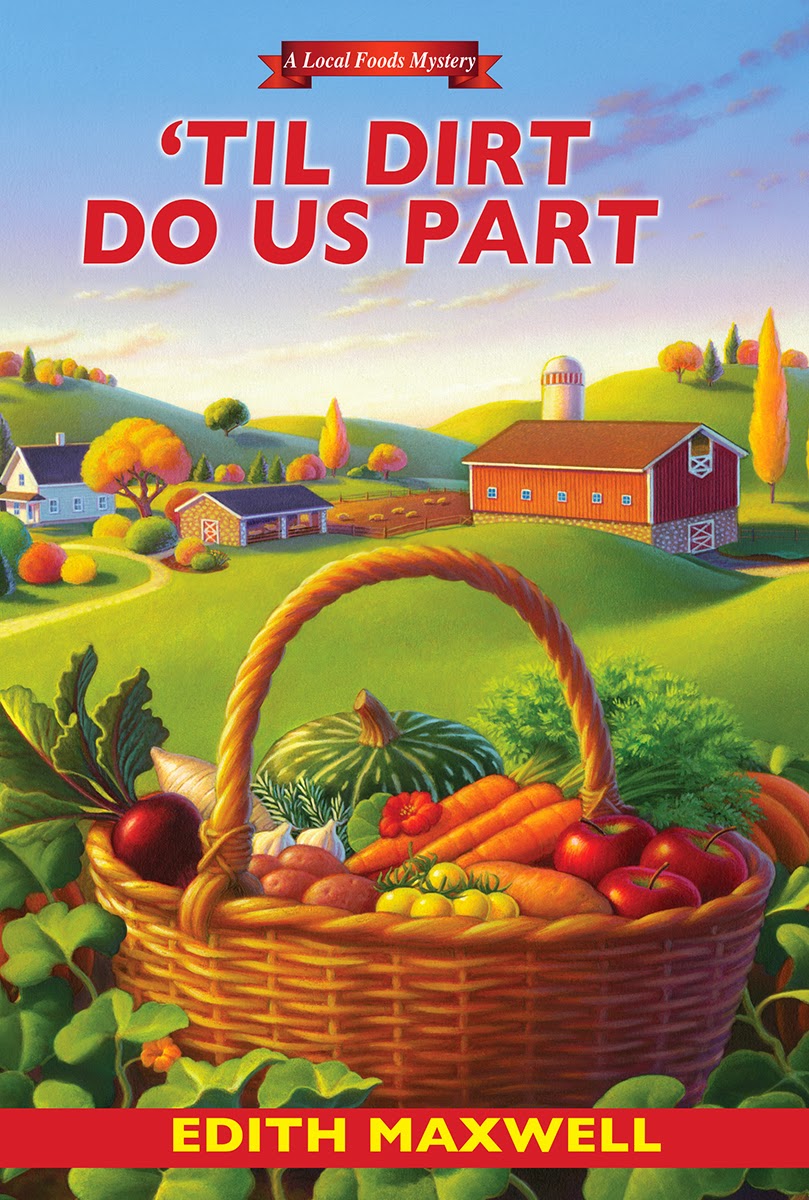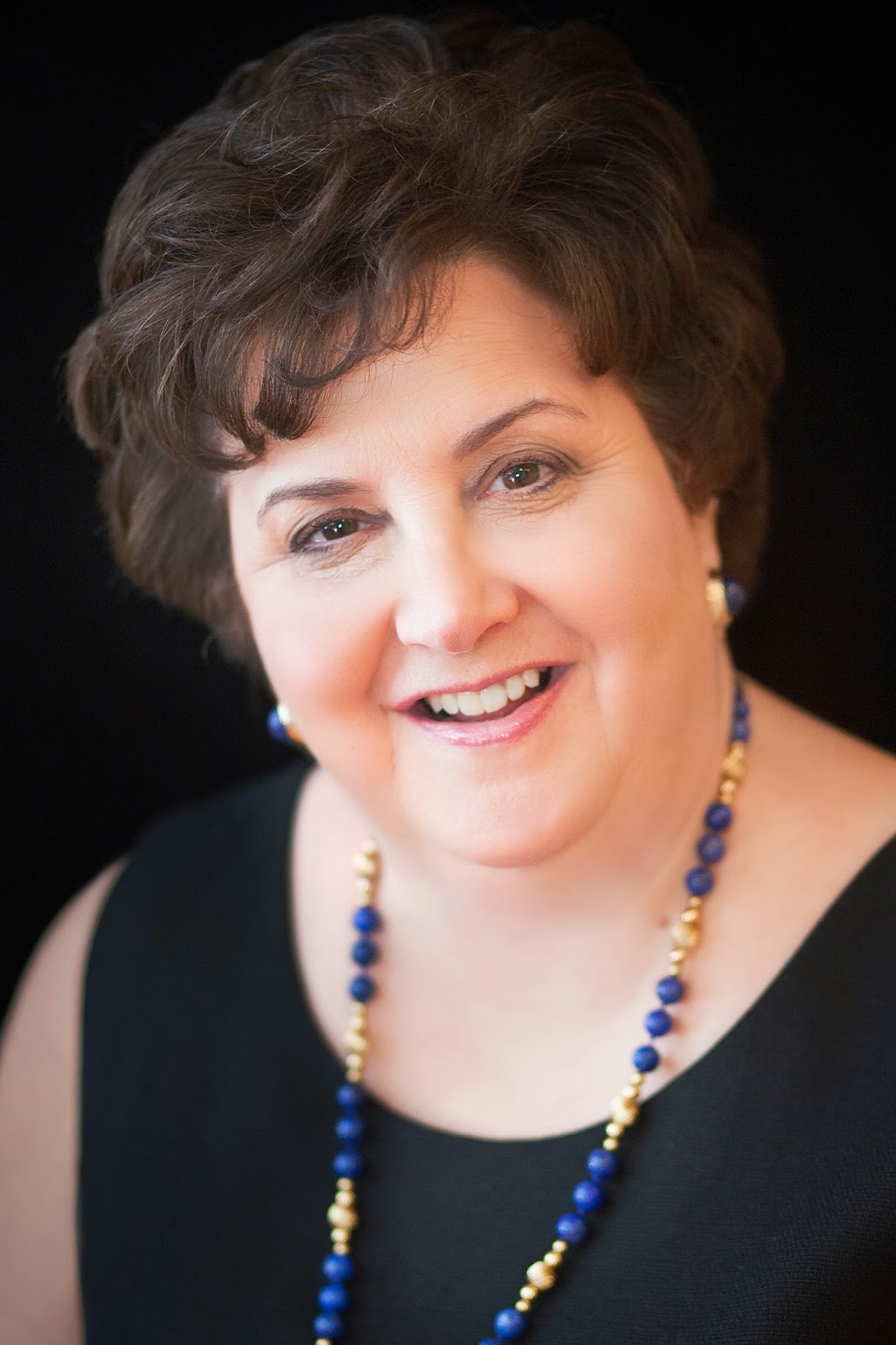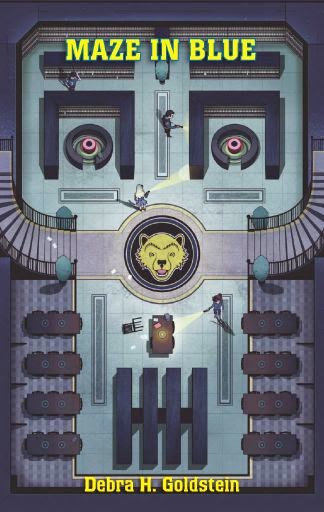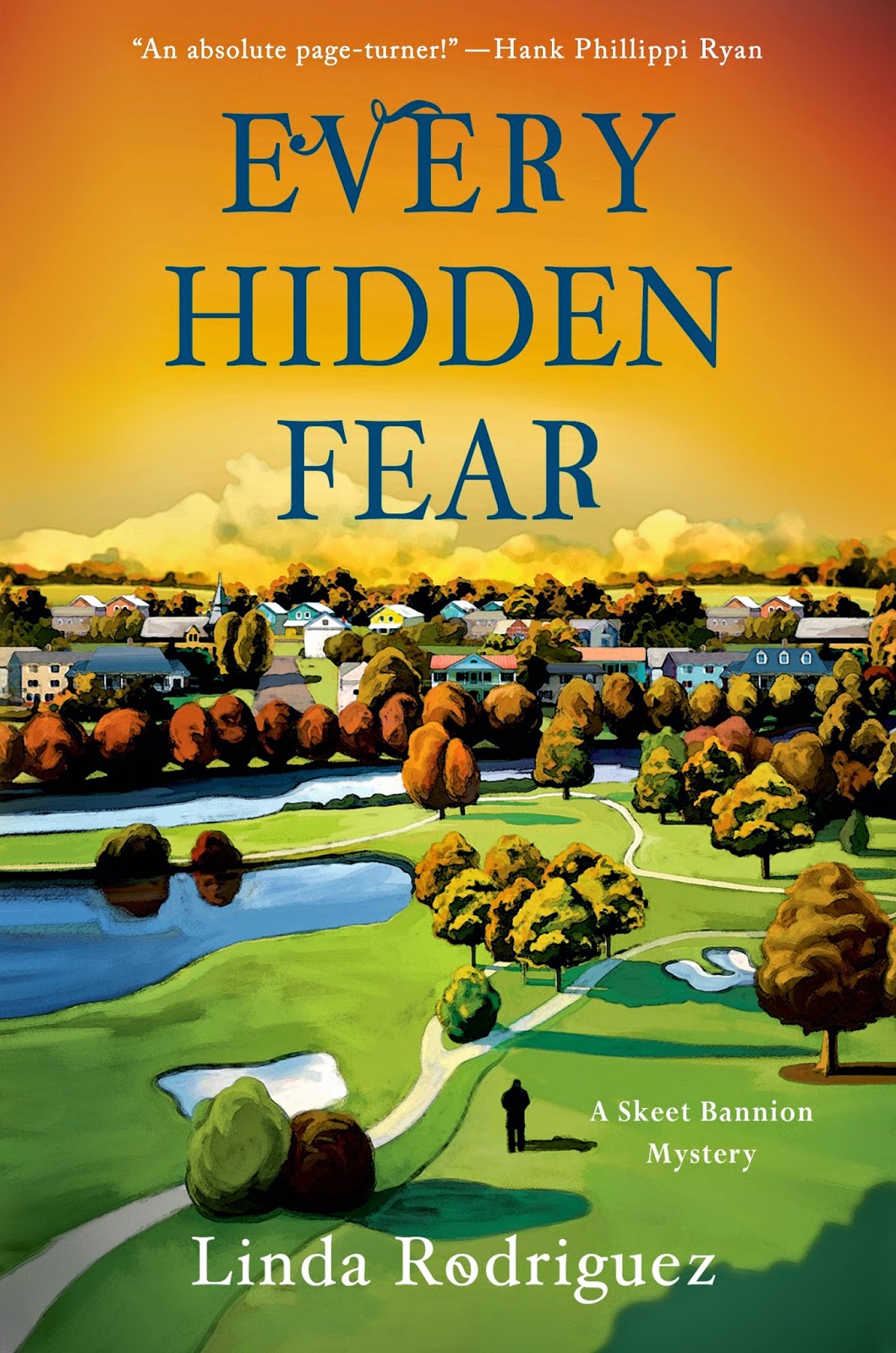Untitled Post
What Can We Learn From the Century’s Bestsellers
by Linda Rodriguez
Matt Kahn is a blogger with an unusual idea. He is reading the 94 books that have been listed as the year’s bestseller by Publishers Weekly for each year of the 100 years since PW began announcing the bestselling book of each year. http://www.kahnscorner.com/2013/02/100-years-94-books.html
The list below comes from his blog. It’s eye-opening, I believe, to see what outsold all other books each year. Fifteen books on the list are books that still live, excepting the most recent years for which we have no real knowledge yet of which books will live on and which will sink into oblivion. If we knock off the last ten years’ books for that reason, that still leaves us with only fifteen out of eighty-four. Most of these books are unknown in the present day. Modern readers may know who H.G. Wells and Zane Grey are, but most will never have heard of Mr. Britling Sees It Through, The U. P. Trail, or The Man of the Forest. Other authors, such as Vicente Blasco Ibáñez, A.S.M. Hutchinson, and Henry Morton Robinson, will be unrecognizable to today’s readers.
What can we learn from this list then? One thing we can learn is that bestseller status doesn’t necessarily mean that the books are the best for their time—or even good. A second is that many great books don’t ever make the top bestsellers list. Missing are all of Faulkner’s and Hemingway’s, and they were both Nobel Prize winners. Also, you won’t find Fitzgerald’s, Willa Cather’s, Henry James’, Edith Wharton’s, Harper Lee’s, Truman Capote’s, and Kurt Vonnegut’s titles, to mention just a few writers with major literary reputations. A third lesson is that—witness the books listed for Wells and Grey—a writer may write his finest books without such success and then find a lesser book on the list by virtue of the quality of those earlier volumes.
The final take-away is that all of this is out of the author’s control. All we can do is write the best books we can. When I get discouraged at the difficulty of bringing my books to the attention of readers, I pull this list out and read and note the significant omissions.
Publishers Weekly Annual Bestsellers List
• 1913: The Inside of the Cup by Winston Churchill
• 1914: The Eyes of the World by Harold Bell Wright
• 1915: The Turmoil by Booth Tarkington
• 1916: Seventeen by Booth Tarkington
• 1917: Mr. Britling Sees It Through by H. G. Wells
• 1918: The U. P. Trail by Zane Grey
• 1919: The Four Horsemen of the Apocalypse by Vicente Blasco Ibáñez
• 1920: The Man of the Forest by Zane Grey
• 1921: Main Street by Sinclair Lewis
• 1922: If Winter Comes by A.S.M. Hutchinson
• 1923: Black Oxen by Gertrude Atherton
• 1924: So Big by Edna Ferber
• 1925: Soundings by A. Hamilton Gibbs
• 1926: The Private Life of Helen of Troy by John Erskine
• 1927: Elmer Gantry by Sinclair Lewis
• 1928: The Bridge of San Luis Rey by Thornton Wilder
• 1929: All Quiet on the Western Front by Erich Maria Remarque
• 1930: Cimarron by Edna Ferber
• 1931: The Good Earth by Pearl S. Buck
• 1932: The Good Earth by Pearl S. Buck
• 1933: Anthony Adverse by Hervey Allen
• 1934: Anthony Adverse by Hervey Allen
• 1935: Green Light by Lloyd C. Douglas
• 1936: Gone with the Wind by Margaret Mitchell
• 1937: Gone with the Wind by Margaret Mitchell
• 1938: The Yearling by Marjorie Kinnan Rawlings
• 1939: The Grapes of Wrath by John Steinbeck
• 1940: How Green Was My Valley by Richard Llewellyn
• 1941: The Keys of the Kingdom by A. J. Cronin
• 1942: The Song of Bernadette by Franz Werfel
• 1943: The Robe by Lloyd C. Douglas
• 1944: Strange Fruit by Lillian Smith
• 1945: Forever Amber by Kathleen Winsor
• 1946: The King’s General by Daphne du Maurier
• 1947: The Miracle of the Bells by Russell Janney
• 1948: The Big Fisherman by Lloyd C. Douglas
• 1949: The Egyptian by Mika Waltari
• 1950: The Cardinal by Henry Morton Robinson
• 1951: From Here to Eternity by James Jones
• 1952: The Silver Chalice by Thomas B. Costain
• 1953: The Robe by Lloyd C. Douglas
• 1954: Not as a Stranger by Morton Thompson
• 1955: Marjorie Morningstar by Herman Wouk
• 1956: Don’t Go Near the Water by William Brinkley
• 1957: By Love Possessed by James Gould Cozzens
• 1958: Doctor Zhivago by Boris Pasternak
• 1959: Exodus by Leon Uris
• 1960: Advise and Consent by Allen Drury
• 1961: The Agony and the Ecstasy by Irving Stone
• 1962: Ship of Fools by Katherine Anne Porter
• 1963: The Shoes of the Fisherman by Morris L. West
• 1964: The Spy Who Came in from the Cold by John le Carré
• 1965: The Source by James A. Michener
• 1966: Valley of the Dolls by Jacqueline Susann
• 1967: The Arrangement by Elia Kazan
• 1968: Airport by Arthur Hailey
• 1969: Portnoy’s Complaint by Philip Roth
• 1970: Love Story by Erich Segal
• 1971: Wheels by Arthur Hailey
• 1972: Jonathan Livingston Seagull by Richard Bach
• 1973: Jonathan Livingston Seagull by Richard Bach
• 1974: Centennial by James A. Michener
• 1975: Ragtime by E. L. Doctorow
• 1976: Trinity by Leon Uris
• 1977: The Silmarillion by J. R. R. Tolkien and Christopher Tolkien
• 1978: Chesapeake by James A. Michener
• 1979: The Matarese Circle by Robert Ludlum
• 1980: The Covenant by James A. Michener
• 1981: Noble House by James Clavell
• 1982: E.T., The Extraterrestrial by William Kotzwinkle
• 1983: Return of the Jedi by James Kahn
• 1984: The Talisman by Stephen King and Peter Straub
• 1985: The Mammoth Hunters by Jean M. Auel
• 1986: It by Stephen King
• 1987: The Tommyknockers by Stephen King
• 1988: The Cardinal of the Kremlin by Tom Clancy
• 1989: Clear and Present Danger by Tom Clancy
• 1990: The Plains of Passage by Jean M. Auel
• 1991: Scarlett by Alexandra Ripley
• 1992: Dolores Clairborne by Stephen King
• 1993: The Bridges of Madison County by Robert James Waller
• 1994: The Chamber by John Grisham
• 1995: The Rainmaker by John Grisham
• 1996: The Runaway Jury by John Grisham
• 1997: The Partner by John Grisham
• 1998: The Street Lawyer by John Grisham
• 1999: The Testament by John Grisham
• 2000: The Brethren by John Grisham
• 2001: Desecration by Jerry B. Jenkins and Tim LaHaye
• 2002: The Summons by John Grisham
• 2003: The Da Vinci Code by Dan Brown**
• 2004: The Da Vinci Code by Dan Brown
• 2005: The Broker by John Grisham
• 2006: For One More Day by Mitch Albom
• 2007: A Thousand Splendid Suns by Khaled Hosseini**
• 2008: The Appeal by John Grisham
• 2009: The Lost Symbol by Dan Brown
• 2010: The Girl Who Kicked the Hornets Nest by Stieg Larsson
• 2011: The Litigators by John Grisham
• 2012: Fifty Shades of Grey by E. L. James
• 2013: To be determined…
* Publishers Weekly did not include the Harry Potter books in its listings. Harry Potter and the Order of the Pheonix was the bestselling book for 2003, and Harry Potter and the Deathly Hallows was the bestselling book of 2007.
~ ~ ~ ~ ~
Linda Rodriguez’s third Skeet Bannion novel, Every Hidden Fear, was published in May 2014. Her second Skeet mystery, Every Broken Trust, was a selection of Las Comadres National Latino Book Club and a finalist for both the International Latino Book Award and the Premio Aztlan Literary Prize. Her first Skeet novel, Every Last Secret, won the Malice Domestic Best First Traditional Mystery Novel Competition, was a Barnes & Noble mystery pick, and was a finalist for the International Latino Book Award. Her short story, “The Good Neighbor,” has been optioned for film.





